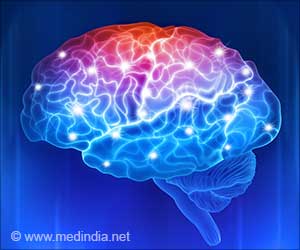One thing we have learned during the COVID pandemic is that social isolation can influence cognitive functions, as previous studies suggested. This motivated researchers to further investigate the effects of social isolation in the brain, specifically in astrocytes.
Social Isolation Triggers Astrocyte-Mediated Deficits in Learning and Memory
Astrocytes play diverse roles in the brain such as supporting the functions of neurons, participating in synapse formation and function, releasing neurotransmitters, and making the blood-brain barrier. Under normal group housing conditions, astrocytes facilitate and promote circuit function and memory.
Advertisement
However, they found that during social deprivation, astrocytes in the brain region known as the hippocampus suppress circuit function and memory formation. The broad conclusion is that astrocyte function is tuned to social experiences.
Looking for a deeper understanding of the mechanism by which astrocytes of socially-isolated mice cause learning and memory deficits, the researchers studied calcium ions (Ca2+), which previous studies had shown play a central role in astrocyte-mediated learning and memory behaviors.
They evaluated the effect of social deprivation on astrocyte Ca2+ activity and discovered that social isolation greatly increased it, specifically the activity involving Ca2+ channel TRPA1.
This, in turn, was followed by the release of the inhibitory neurotransmitter GABA which put a break in neural circuits involved in memory and learning. Importantly, both pharmacological and genetic inhibition of TRPA1 reversed the physiological and cognitive deficits associated with social deprivation.
Although social isolation also affects other brain cells, researchers are very excited about the discovery that specifically manipulating astrocytes is enough to restore learning and memory deficits triggered by social isolation in animal models.
These findings show a new role for astrocytes in brain physiology. The function of astrocytes is affected by changes in the environment and will reflect in the animal’s behavior. In this case, it is assumed that social interaction is good for astrocytes and therefore, for the brain.
Source: Eurekalert



